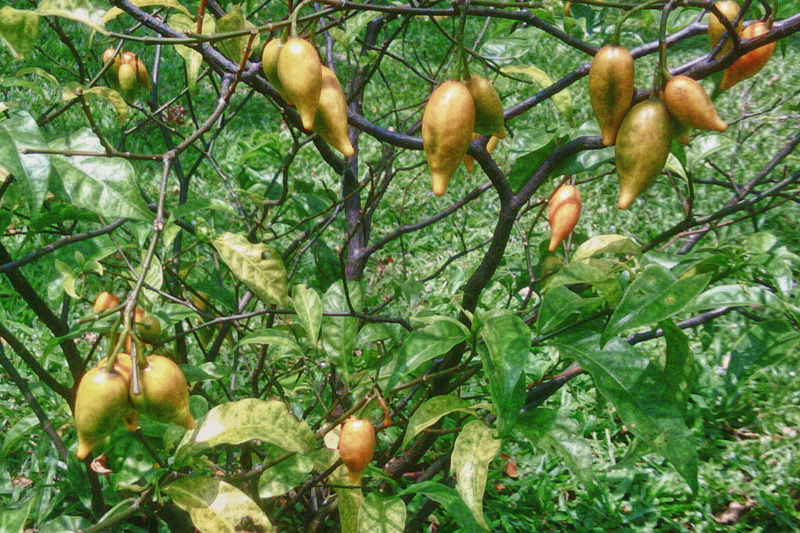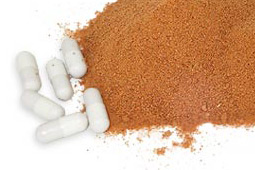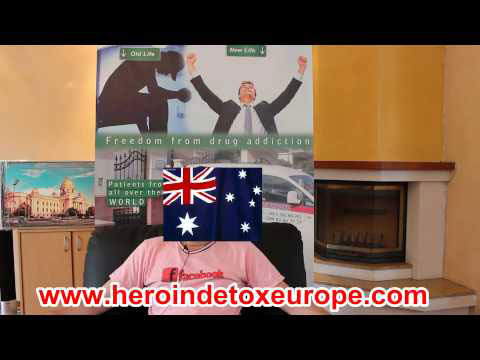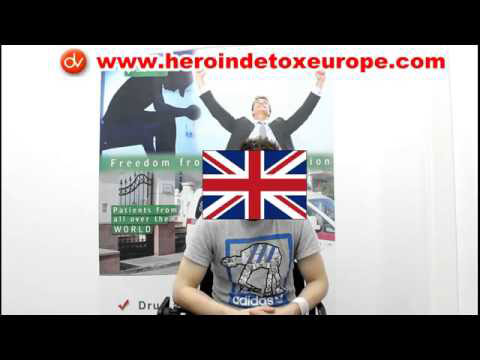Ibogaine treatment
 In recent years, various studies suggested that ibogaine, a hallucinogenic indole alkaloid isolated from Iboga plant, has major potential in addiction therapy (opiate, alcohol, tobacco) as well in psychotherapy. Today, the use of ibogaine treatment is acknowledged as an effective alternative approach in drug addiction therapy.
In recent years, various studies suggested that ibogaine, a hallucinogenic indole alkaloid isolated from Iboga plant, has major potential in addiction therapy (opiate, alcohol, tobacco) as well in psychotherapy. Today, the use of ibogaine treatment is acknowledged as an effective alternative approach in drug addiction therapy.
The major advantage of ibogaine in addiction treatment is it’s lack of addictive effects. It reduces the symptoms of withdrawal, and allows a painless detoxification to some extent.
Ibogaine Treatment Center
After taking ibogaine treatment, patients usually experience decreased desire to take drugs even for a period of several months. Ibogaine’s psychological effect helps patients to understand, face and resolve the issues that led them to their addiction in the first place. Ibogaine’s metabolite (Noribogaine) boosts dopamine and serotonin levels in patients body, which temporarily overpowers the need for drugs and breaks learned behavior patterns.
Although, it can be administrated in capsule form, ibogaine treatment should not be carried out by an individual unfamiliar with elementary medical techniques. There is a substantial amount of risk with ibogaine treatment but it is mostly regarding taking ibogaine away from care of medical experts. Ibogaine therapy, within limits of ibogaine treatment center, minimizes the risks with proper patient screenings and preparations.
- First of all, the patient should be subjected to, at least, heart and liver function examinations (blood tests, EKG), and preferably, have the heart monitored and medical stuff present throughout the whole process.
- In ibogaine treatment center, only a medical professional can calculate the correct dosage of ibogaine considering the weight of the patient and the form of ibogaine that will be used in the treatment
- Patients drug intake must be controlled 24h before taking ibogaine (to prevent adverse reactions with other drugs)
- Series of informational interviews should be conducted with the patient in which he or she should be made aware that ibogaine is a very helpful detox drug, but it will be up to them to stay off opiates after the treatment.
Upon taking, first effects of ibogaine are usually experienced between half an hour and two hours. Sensations that are considered normal include: ataxia, buzzing noises, louder sounds, brighter lights, pulsing in the body,nausea.
Sensations that are considered normal include: ataxia, buzzing noises, louder sounds, brighter lights, pulsing in the body,nausea.
Ibogaine Therapy
Typical session of ibogaine therapy consists of two phases:
- Oneirophrenic - the so-called dream phase usually lasts for a few hours in which the patient experiences visions that are actual memories, not hallucinations.
- Processing phase - this is a phase of high mental activity that can last up to fourteen hours in which the visions from the oneirophrenic phase are interpreted. This phase allows the patients to face the actual reasons for their addiction.
Every so often one dose of ibogaine (or few doses, taken periodically) can be enough for someone to refrain from drugs forever. But for majority, post-therapy is mandatory. Addicts should begin their rehabilitation process immediately after ibogaine therapy to avoid possible relapse. In some cases, in which the treatment is considered successful but the patient experiences cravings after few weeks, additional doses of ibogaine might be administrated.
Bookmark & Share








